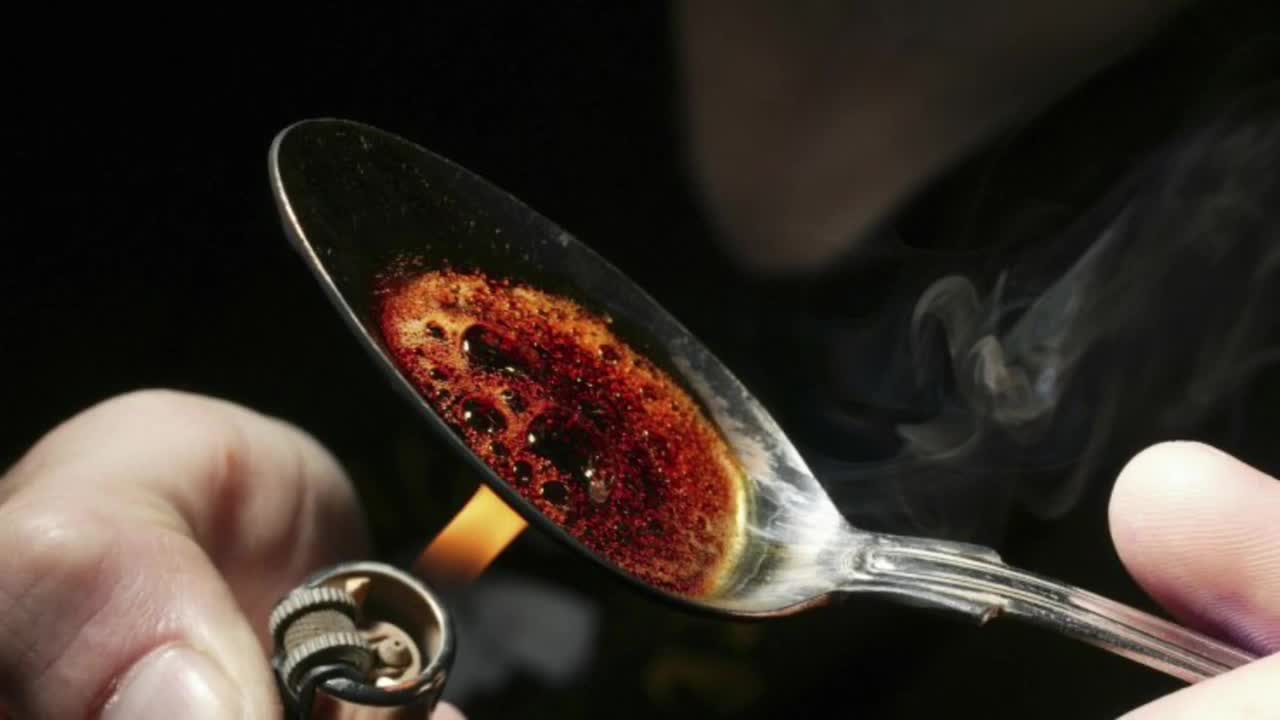Most people in their 40s don't think about death being on their doorstep, but nine years ago, that was a very real scenario for Susan Whitmore.
"I don't think I would be alive today if I had continued down that path," said Whitmore. "The only way I can describe it is it was like it got its hooks in me. The progression of my disease happened very quickly over a period of about four or five years. The last three years with a really scary, hard times, where I think I was in the deepest part of my illness."
The poison she picked was alcohol. At 46, she decided to get sober. And now at 55 she runs First Call, a Kansas City based organization that help addicts and their families recover.
While people still abuse alcohol, cocaine and other hard drugs, Whitmroe said the alarming drug of choice these days -- prescription opiates and heroin, which have killed 200,000 people over the last decade and a half.
So how does it happen? Often times someone will hurt themselves on the job or in a car accident. They'll go to their doctor and he or she will prescribe pain pills. The patient will take them as prescribed. That's when addiction sets in, only they don't realize it. They run out of pills, and get prescribed more, but soon, their doctor will stop writing scripts.
That's when the patient looks for black market pain pills. They're really expensive. So addicted and without many options, prescription pill addicts turn to heroin, which costs a quarter of the price. This is when the addiction can become fatal because not only is heroin more potent, it's often laced with fentanyl, a powerful synthetic opioid analgesic that is similar to morphine but is 50 to 100 times more potent. That's why there has been such a huge increase in opiate overdoses.
One way to do that is through a new campaign digital advertising agency VML helped put together. While companies from around the globe flock to VML for representation, the ad agency is working with First Call pro-bono. The reason: The message of addiction and recovery is so important, advertising executives are willing to work for free to spread the word on how to get help.
"There are a lot of people out there who still think addiction is a choice or a moral failing. So we needed to lift the stigma," said John Godsey, the agency's chief creative officer.
Addicts Hear Comments Parkinson’s Patients Never Would
Godsey, who also dived into the depths of addiction, helped come up with the idea - What if we treated cancer or Parkinson's disease patients the way we treat addicts?
"Jails, institutions and death - those are the three ways you end up as an addict," he said. "Or you recover. That is the way out is recovery."
But for that to happen, they say the shame must be lifted.
More from Susan Whitmore with First Call
41 Action News: What does First Call do?
SW: First call is a nonprofit organization in Kansas City providing prevention and recovery services for individuals and families impacted by substance-abuse disorders.
41: What are some of the challenges of addiction and recovery?
SW: Historically people have treated addiction as a moral issue so there's been a lot of shame and people coming to ask for help. What we know from the science today is that it is a chronic and progressive disease that left untreated can be fatal.
People who have a dependence on alcohol or drugs respond to those substances differently than other people. To treat someone who is struggling with an addiction or think that it they are choosing to have an addiction is cruel. If you compare it to other diseases, we would never imagine doing that with any other diseases like cancer, heart disease and Parkinson's.
Why is this partnership and ad campaign with VML important?
People die behind shame. Overdose deaths have quadrupled in the last five years in the metro area. Unfortunately the reason we are talking about this today is because of that tragedy. It's really too bad that it takes something like that for the conversation to start, that's sad I am so grateful that the conversation is happening.
What do you want people to remember about this campaign?
Substance use disorders are not a moral issue. It is a public health issue. Addiction is a chronic and progressive disease that if it's left untreated can be fatal. But treatment works. The really really good news in the midst of all the things that are hard to hear about is that treatment works and people do that well. Once they get well they live very happy for productive lives.
-----------
Terra Hall can be reached at terra.hall@kshb.com.



